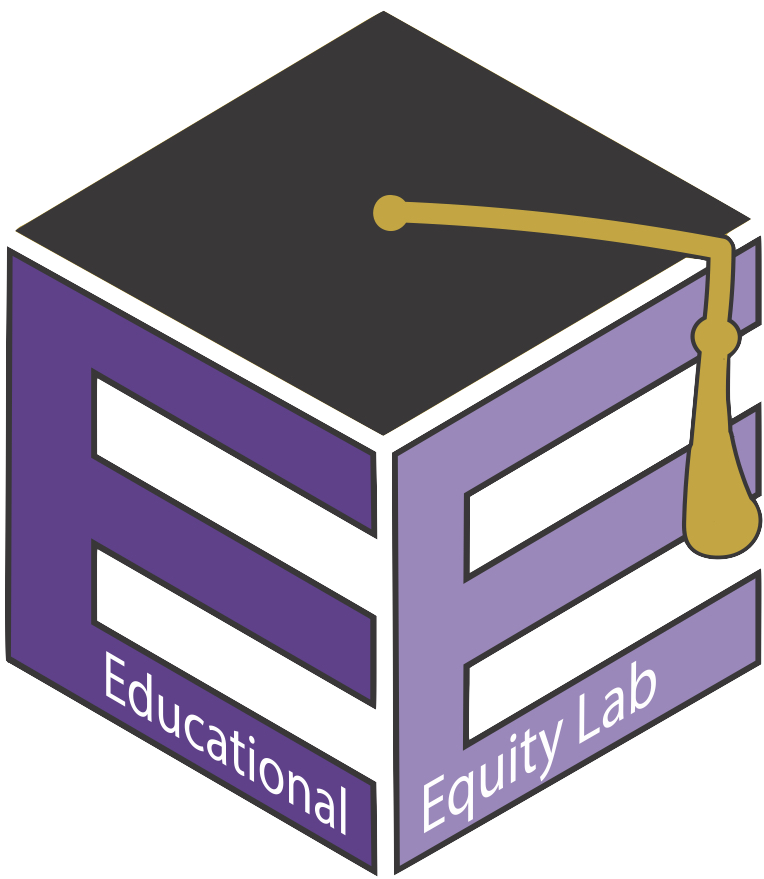Students
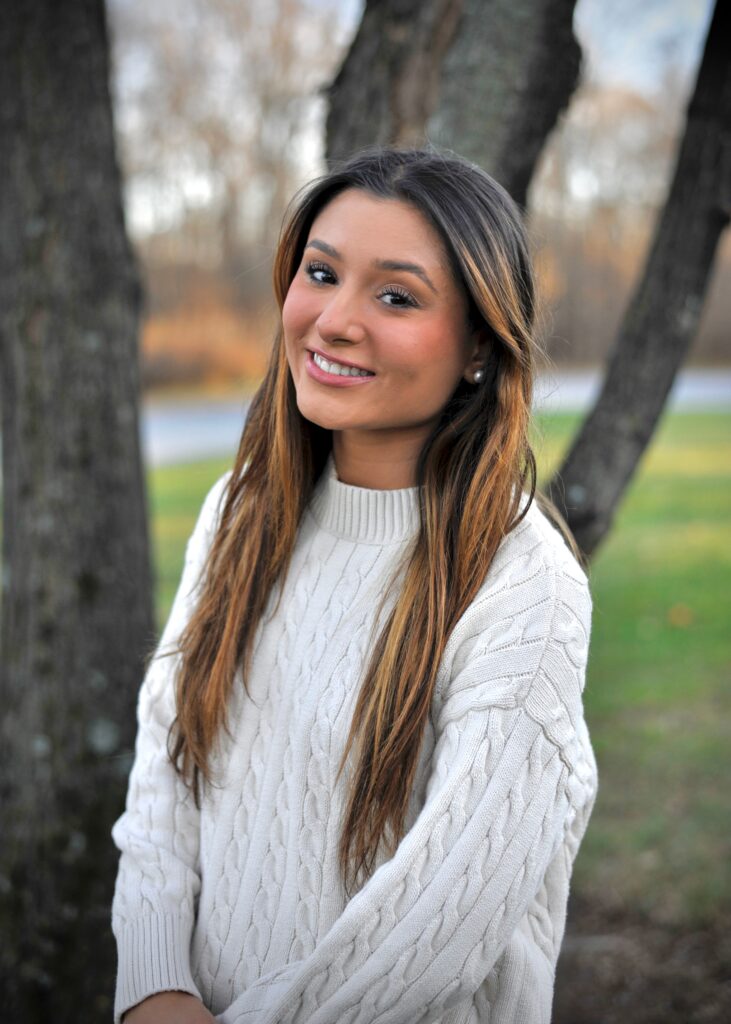
Julia Biamonte (she/her)
Class and Major: Class of 2026 – Psychology Major and American Sign Language & Deaf Studies Minor
I joined the Educational Equity Lab because I am fascinated by the lab’s focus on equity in education, and the chance to gain lab-based experience in research methods on these topics.
A psychological finding that has stuck with me is that when teachers were led to believe that select students had high intellectual potential, those students showed more remarkable intellectual development over time, even when the feedback teachers received about the students was made up (Rosenthal & Jacobson, 1968). This self-fulfilling prophecy, known as the Pygmalion Effect, underscores the psychological impact of teachers’ beliefs and expectations on student outcomes, and highlights the need for educators to be mindful of their assumptions and biases for promoting a more equitable educational opportunities for all students.
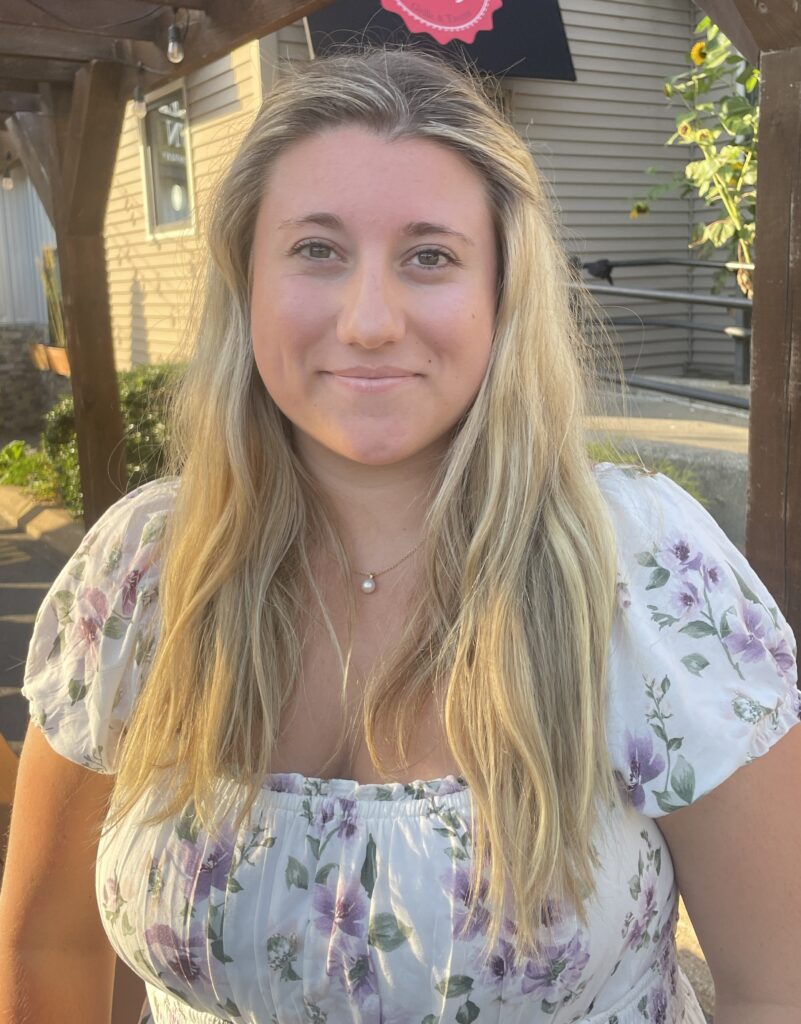
Ashley Pothier (she/her)
Class and Major: Class of 2026 – Psychology Major, American Sign Language & Deaf Studies Major, and Neuroscience Minor
I joined the Educational Equity Lab because I wanted the opportunity to study how theories of motivation apply to real students, so I was drawn to the idea of working in this research lab where I could learn and contribute to every stage of a education study.
A psychological finding that has stuck with me is flow (Csikszentmihalyi & Rathunde, 1993), a state of complete immersion in an activity, in which individuals lose awareness of time and their surroundings, become deeply absorbed in what they’re doing, and find enjoyment purely in the process. Flow occurs when there’s a perfect balance between the difficulty of the task and the person’s skill level — when a task stretches one’s abilities just enough to engage without overwhelming. By ensuring that students have the skills required to complete their work and that the tasks are challenging enough, educators can create a more engaging and enjoyable learning experience.
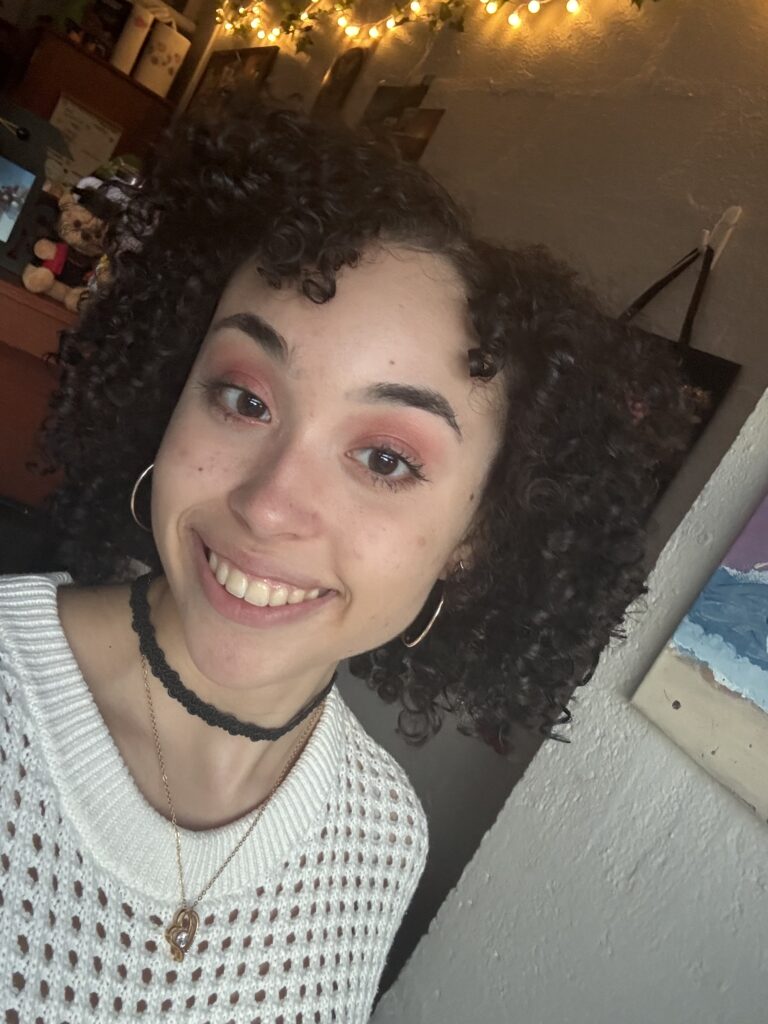
Gabi De Gouveia (she/her)
Class and Major: Class of 2028 – Psychology Major
I joined the Educational Equity Lab because I wanted to learn how we can better serve our communities by using psychology to unlock ways to help all students succeed in school. Getting involved in this research will also help prepare me for my own graduate studies in psychology.
A psychological finding that has stuck with me is attachment theory and Mary Ainsworth’s findings from her “Strange Situation” studies. Realizing that a parent’s parenting style during the early stages of a child’s development can influence the types of relationships a child will later have as an adult was an incredible discovery.
Lab Mascot

Cole
Class: 2019 (i.e., he’s 5)
Major: General cuteness/mayhem
Joined the Educational Equity Lab because the Lab Director had treats.
A psychological finding that has stuck with me is that pets have positive effects on psychological well-being, including the ability to stave off negativity caused by social rejection (Gandenberger et al., 2024; McConnell et al., 2011, 2017, 2019).
Lab Alumni







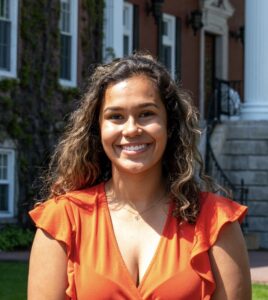
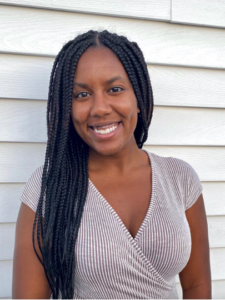
Collaborators
David Miele, Ph.D., Department of Applied, Developmental, and Educational Psychology, Boston College
Mesmin Destin, Ph.D., Department of Psychology and School of Education and Social Policy, Northwestern University
Gregory Walton, Ph.D, Department of Psychology, Stanford University
Carol Dweck, Ph.D., Department of Psychology, Stanford University
Sidney May, Ph.D., The Dartmouth Institute for Health Policy & Clinical Practice
Meghan Coughlan, Ph.D., Department of Applied, Developmental, and Educational Psychology, Boston College
Marina Vasilyeva, Ph.D., Department of Applied, Developmental, and Educational Psychology, Boston College
Daniel Molden, Ph.D., Department of Psychology, Northwestern University
Kevin Binning, Ph.D., Department of Psychology and Learning Research and Development Center, University of Pittsburgh
